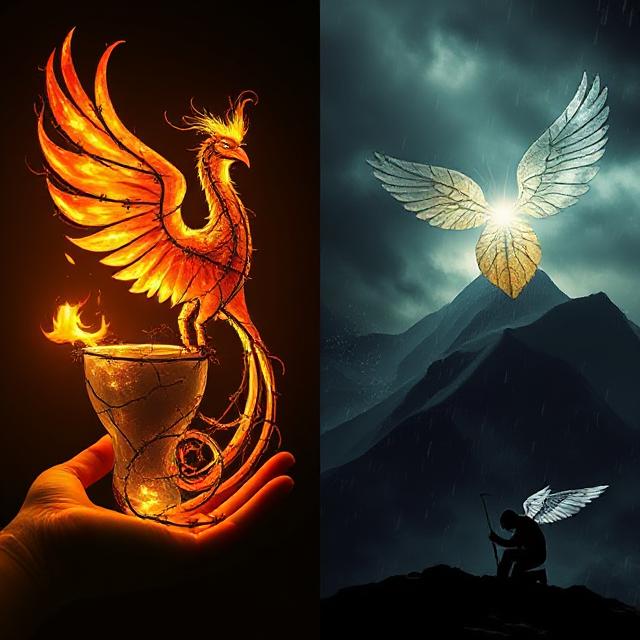
Table of Contents
Is There a Best Political System?
The question of whether there is a best political system has fascinated philosophers, political theorists, and citizens alike for centuries. Throughout history, societies have experimented with various forms of governance—from monarchies to democracies, from autocracies to anarchies—all promising order, justice, and prosperity. Yet, no universal consensus exists.
In this article, we explore the nature of political systems, the philosophical foundations of governance, and the criteria by which a political system might be judged “best.” We also examine the practical realities and challenges that shape political effectiveness in the modern world.
I. Defining a Political System
A political system refers to the structure and methods by which a society organizes power, authority, and decision-making. Key elements include:
- Government type: Who holds power and how it is exercised.
- Legal framework: Rules and laws guiding political activity.
- Citizen participation: The role of individuals in governance.
- Distribution of power: Centralized or decentralized authority.
Political systems vary widely, but all aim to balance order, freedom, justice, and welfare.
II. Classical Political Systems
1. Democracy
Derived from the Greek demos (people) and kratos (power), democracy emphasizes rule by the people, typically through voting and elected representation.
- Advantages: Encourages political participation, accountability, protection of rights.
- Critiques: Can lead to majority tyranny, inefficiency, and polarization.
Philosophers like John Locke and Jean-Jacques Rousseau championed democracy as a path to freedom and legitimacy.
2. Authoritarianism
In authoritarian regimes, power is concentrated in the hands of a ruler or elite, often limiting political freedoms.
- Advantages: Can enforce order, enable swift decision-making.
- Critiques: Risks oppression, lack of accountability, and abuse of power.
Thinkers like Thomas Hobbes argued for strong centralized power to prevent chaos.
3. Monarchy
Monarchies vest power in a single ruler, often justified by divine right or tradition.
- Advantages: Stability, continuity.
- Critiques: Risk of tyranny, lack of popular input.
4. Other Forms
- Oligarchy: Rule by a small, privileged group.
- Anarchy: Absence of formal government.
- Technocracy: Governance by experts and technocrats.
- Theocracy: Rule based on religious authority.
III. Criteria for Judging Political Systems
Determining the best political system depends on the criteria one values. Commonly discussed criteria include:
- Justice: Does the system promote fairness and protect rights?
- Freedom: Are individual liberties respected and preserved?
- Stability: Can it maintain order and prevent conflict?
- Efficiency: Does it enable effective decision-making and governance?
- Representation: Are diverse voices and interests included?
- Prosperity: Does it foster economic growth and social welfare?
No political system perfectly satisfies all these criteria; trade-offs are inevitable.
IV. Philosophical Perspectives
1. Utilitarianism and Political Systems
From a utilitarian viewpoint, the best political system maximizes overall happiness or welfare.
- Democracies often score high, as they encourage participation and protect rights.
- However, in some contexts, efficient authoritarian regimes might better maintain stability and prosperity.
2. Libertarianism
Libertarians prioritize individual freedom and minimal government interference. They tend to favor limited democratic forms or even anarchism.
3. Communitarianism
Communitarians emphasize social cohesion and collective values, sometimes advocating for more centralized or participatory governance.
4. Rawlsian Justice
Philosopher John Rawls proposed that a just political system ensures fairness by protecting the least advantaged, a view often supportive of liberal democracies with robust social safety nets.
V. The Practical Challenges of Political Systems
While philosophy offers ideals, real-world politics is shaped by:
- Historical context: Culture, tradition, and past events shape systems.
- Economic factors: Wealth distribution and development affect governance.
- Power dynamics: Interests and conflicts among elites and masses.
- Global pressures: International relations and globalization.
These factors complicate the search for a universally best system.
VI. Hybrid and Emerging Models
Many modern states combine features from various systems:
- Liberal democracies: Mixing representative democracy with constitutional protections.
- Authoritarian democracies: Limited democratic mechanisms within authoritarian control.
- Participatory governance: Increasing citizen involvement beyond voting.
- Deliberative democracy: Emphasizing reasoned debate and consensus.
Such hybrids reflect attempts to balance competing values in complex societies.
VII. Is There a Best Political System?
The answer depends on values, context, and goals.
- For societies valuing freedom and representation, liberal democracy is often preferred.
- In contexts needing order and rapid development, authoritarianism may prevail.
- Some argue no system is inherently best; rather, effectiveness depends on implementation and culture.
Ultimately, the best political system may be one that evolves, adapts, and balances competing human needs.
VIII. Conclusion: Politics as a Dynamic Human Endeavor
The quest for the best political system is ongoing and reflects humanity’s search for justice, order, and freedom. Philosophy helps us understand the principles and pitfalls, but the real test is how systems serve people’s lives.
Political systems are not static; they change with societies’ needs and aspirations. The dialogue continues—and it remains one of the most vital questions we face.